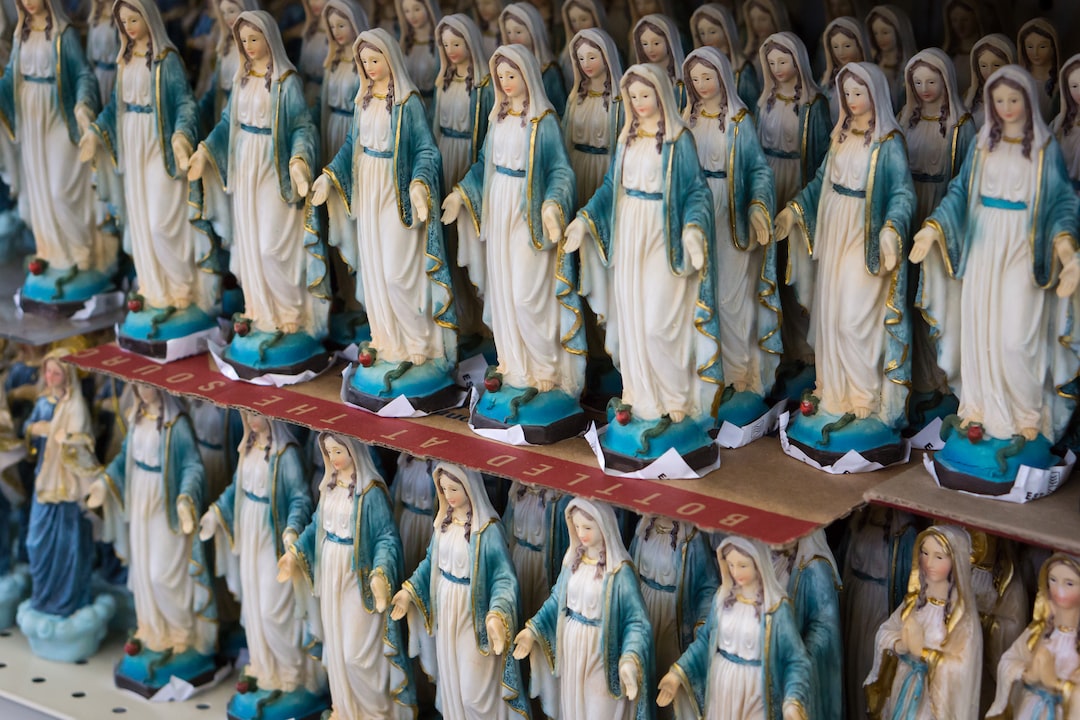The Impact of Religious Holidays and Festivals
Religious holidays and festivals hold immense significance in various cultures around the world. These events are not only celebrations of faith and spirituality, but they also have a deep impact on individuals, communities, and society as a whole. From fostering a sense of unity and belonging to promoting cultural understanding and tolerance, religious holidays and festivals play a crucial role in shaping our diverse world.
At the heart of religious holidays and festivals lies the opportunity for individuals to deepen their spiritual connection and strengthen their faith. Whether it’s Easter for Christians, Eid for Muslims, or Diwali for Hindus, these occasions provide believers with a chance to reflect on their religious teachings and values, and to practice rituals and customs that are central to their faith. This introspection and engagement help individuals find solace, peace, and guidance, leading to emotional well-being and personal growth.
Religious holidays and festivals also nurture a sense of community and togetherness. In many traditions, these occasions are celebrated collectively, bringing individuals from different walks of life together. By participating in religious ceremonies, prayers, and festivities, people form bonds, build friendships, and create lasting memories. These shared experiences foster a sense of belonging and unity, strengthening social ties within communities and providing a support system for individuals.
Furthermore, religious holidays and festivals contribute to cultural understanding and mutual respect. In our interconnected world, where different religious and cultural groups coexist, these celebrations provide an opportunity to learn and appreciate diverse traditions and practices. Attending religious festivals of a different faith allows individuals to gain insights into the beliefs and values of others. This exposure promotes empathy, dispels stereotypes, and cultivates respect for diverse religious and cultural practices.
Moreover, religious holidays and festivals have economic implications. These events often witness increased commercial activities, ranging from shopping for traditional attire and festive foods to travel and tourism. Local businesses benefit from the surge in demand, generating revenue and boosting the economy. This economic stimulation can have a positive impact on employment rates, contributing to the overall development of communities.
Lastly, religious holidays and festivals contribute to the preservation and promotion of cultural heritage. These occasions celebrate age-old customs, rituals, and traditions that are passed down through generations. By ensuring the continuity of these practices, religious holidays and festivals help preserve cultural identity, history, and values. This cultural preservation enriches societies and ensures that diverse traditions are cherished and valued.
In conclusion, religious holidays and festivals have a profound impact on individuals, communities, and societies. They deepen spiritual connections, foster unity and belonging, promote cultural understanding and tolerance, contribute to economic growth, and preserve cultural heritage. By recognizing and embracing the significance of these celebrations, we can celebrate diversity while finding common ground in our shared humanity.

